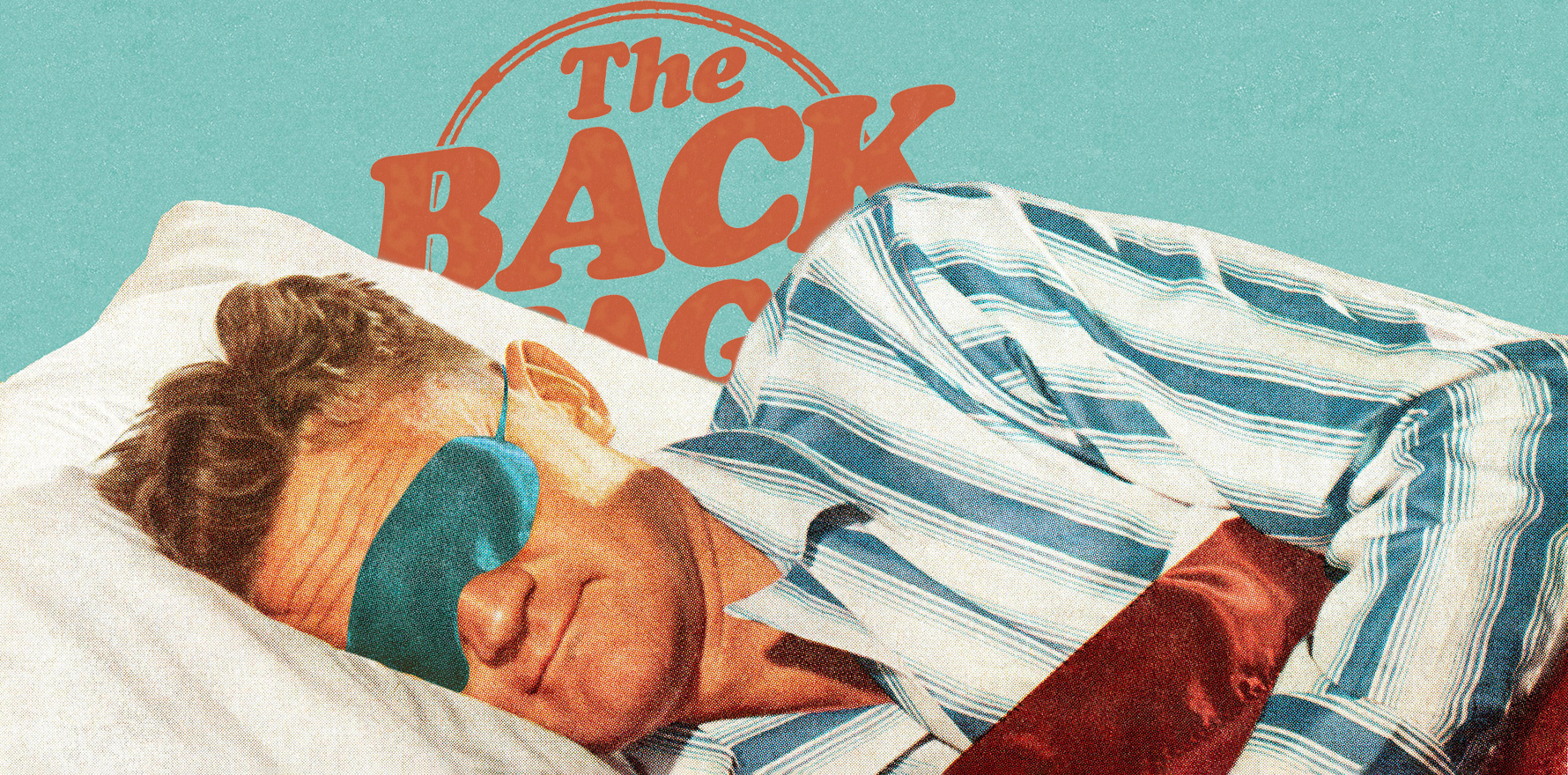The milk of human kindness tends to curdle when you don’t get a full night’s kip.
The health benefits of a good night’s sleep have been well documented.
A lack of a decent kip has been associated with, among other things, increased risk of cardiovascular disease, depression, diabetes, hypertension and sexual dysfunction.
Now, thanks to a recent study by researchers at the University of California, we can add being a less generous human being to the list of downsides of sleep deprivation.
That finding, published this week in PLOS Biology, is welcome news to those of us who are disdainful of folks who would assume an air of superiority by claiming to get by on as little as four hours of shut-eye, such as former British prime minister Margaret Thatcher reputedly did.
We may be dozy sods who linger longer in the comforting arms of Morpheus, but at least we are nice to other people when we happen to be awake.
The study, led by UC Berkeley’s research scientist Eti Ben Simon and Professor Matthew Walker, shows that inadequate sleep not only harms the mental and physical wellbeing of an individual, but also compromises the bonds between individuals, and might also affect the altruistic sentiment of an entire nation.
“Over the past 20 years, we have discovered a very intimate link between our sleep health and our mental health. Indeed, we’ve not been able to discover a single major psychiatric condition in which sleep is normal,” Professor Walker said in a media release.
“But this new work demonstrates that a lack of sleep not only damages the health of an individual, but degrades social interactions between individuals and, furthermore, degrades the very fabric of human society itself. How we operate as a social species – and we are a social species – seems profoundly dependent on how much sleep we are getting.”
To reach this conclusion, the researchers undertook three separate studies that assessed the impact of sleep loss on people’s willingness to help others.
In the first study, they placed 24 healthy volunteers in a functional magnetic resonance imager to scan their brains after eight hours of sleep and after a night of no sleep. They found that areas of the brain that formed the theory-of-mind network, which is engaged when people empathise with others or try to understand other people’s wants and needs, were less active after a sleepless night.
In a second study, they tracked more than 100 people online over three or four nights. During this time, the researchers measured the quality of the participants’ sleep and then assessed their desire to help others, such as holding an elevator door open for someone else, volunteering or helping an injured stranger on the street.
“Here, we found that a decrease in the quality of someone’s sleep from one night to the next predicted a significant decrease in the desire to help other people from one subsequent day to the next,” the researcher said. “Those with poor sleep the night prior were the ones that reported being less willing and keen to help others the following day.”
The third study tracked a database of three million charitable donations in the US between 2001 and 2016. Here they found that charitable giving in the week after the beginning of daylight saving time, when most folks lose an hour of sleep as clocks move forward, dropped by 10%. This decrease was not observed, however, in states which did not adopt daylight saving.
So rather than shaming people for sleeping the recommended eight hours, for the good of society we should be encouraging that very practice, the authors concluded.
Your Back Page correspondent generously concurs with this sentiment, but then he has only just woken up from his mid-morning nap.
If you see something that keeps you awake, kindly donate it to penny@medicalrepublic.com.au.


